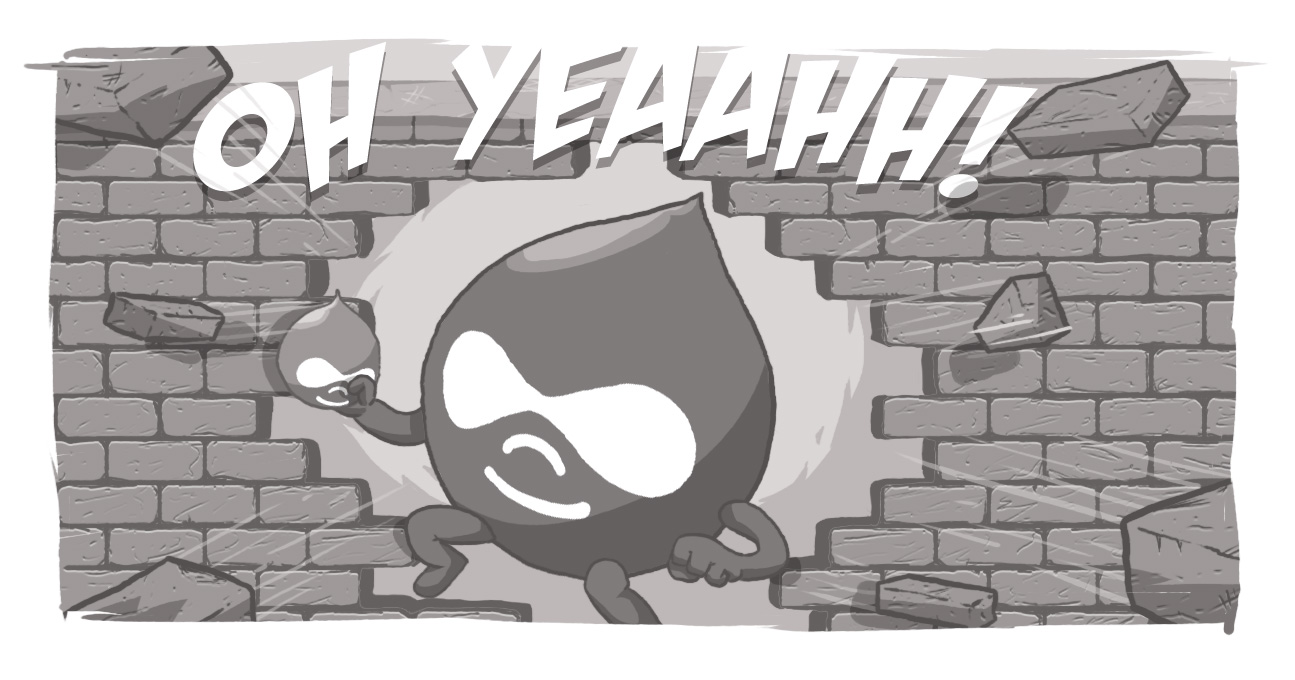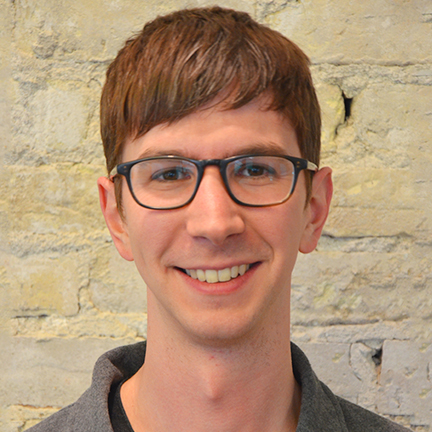Drupal – No One-Size-Fits All Approach to Growing, Learning

This past weekend I had the pleasure of attending MidCamp – a Drupal event that ran from Mar. 28-30th in Chicago. I've had the good fortune over the past couple of years to attend a number of Drupal events and it continues to reinforce one of the things that I love most about Drupal: that there's no one-size-fits-all approach to getting involved and learning.
As Andrew wrote a few weeks ago, Digital Echidna has sponsored and attended a number of Drupal events over the years. We love supporting and learning from the open source community, and each event has its place.
DrupalCamps are generally smaller events and are not organized by the Drupal Association. They offer great opportunities for people within a region to get together, talk about issues and ideas, and develop local bonds.
DrupalCons, on the other hand, are massive events that attract people from all around the world. The topics are much more expansive and they're often attended by the top experts and minds behind Drupal – including founder Dries Buytaert himself.
MidCamp, appropriately enough, is positioned as a regional camp that finds its niche somewhere in between. MidCamp's organizers hope that the event will grow into something that can help to unite the efforts of the Midwestern Drupal community. This weekend consisted of a day of training, a day of sessions, and one day of code sprints.
But, like at any Drupal event, people from far and wide came to attend. Chicago and area was well represented, but I met people from Minnesota, Nebraska, New York, Toronto, and even Denmark (my fellow Twig team member Morten Birch Heide-Jørgensen, better known in the Drupal community as mortendk).
Actually, that's a common theme at Drupal events. You'll often see familiar faces from previous Cons or Camps. In Chicago, I ran into a couple of people from DrupalCamp Ohio (Dec. 2013) and talked to a few others who will be joining us in June at DrupalCon Austin.
It's this sense of community that appealed to me from the beginning. I had the time and the interest and wanted to get more involved in the open source community. Eventually, I worked my way up to the point where now I get to mentor people who were just like me – eager, interested, and looking for a place to contribute. In fact, this past weekend the Drupal core mentoring program and my efforts as one of the core mentoring leads were officially recognized in the Drupal project, in a file that will ship with every copy of Drupal 8.
And that's what's great about open source in general, and Drupal specifically, is that there's room for everyone. You don't have to dedicate hours each night contributing (although I don't think anyone's going to say no...) – you simply contribute what you can when you can.
It really is a supportive community from the grassroots on up. Here in London, we have the London Drupal Users Group, which alternates each month between presentations (some of which are more general and introductory, others catering to more advanced topics) and core contribution sprints. We have a strong foundation in London that's continuing to grow.
The global nature of Drupal means that you can contribute from anywhere. Your level of involvement and how far you want to go is completely up to you. And how much you learn and develop is only limited by how much you want to learn and develop.
Great or small, the level of Drupal contribution is completely up to you. Just as there are Camps, Cons, and Mid-Camps, there really is no one-size-fits-all approach to getting involved. It's an open source network that offers open possibilities to everyone who is interested.
What's the difference between DrupalCon and Drupal Camp?
How can I get involved with Drupal?
How can I get more information about open-source technology?
Where is the next DrupalCon?
What companies support Drupal in Canada?
SUBSCRIBE TO OUR E-NEWSLETTER
 Subscribe
Subscribe


